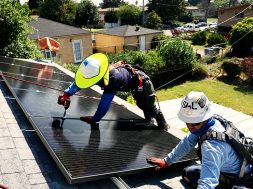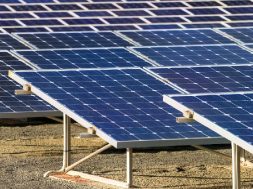
JDA mulls solar power for its headquarters, two big parks
JAIPUR: The Jaipur Development Authority (JDA) is all set to become climate-friendly as it is planning to run headquarters and two big parks (Central Park and Jawahar Circle) on solar power, replacing the conventional system.
With this initiative, this will become state’s biggest public building energy efficient system. The power generated by 730 kwp ‘Rooftop Solar Power Plant’ in Phase-I will be used to meet maximum requirements at the JDA headquarters and two parks and would reduce its dependence on non-renewable sources.“The consumption of electricity at JDA is approximately 1.5 lakh units per month. As per the calculation, 1 kw plate produces four units per day. With our solar set up, we would produce approximately 87,600 units and save Rs 6-8 lakh per month,” said Devesh Gupta, executive engineer at JDA. At present, this will be the biggest solar plant, which will be installed on any of the government building. The plant will be set up under Renewable Energy Service Company (RESCO) model.
The expenditure cost of the plant will be borne by the appointed firm. As per the model for the rooftop plant, the developer invests, owns and operates the plant while JDA purchases the electricity generated through a power purchase agreement.
“JDA’s electricity expenditure per month is approximately Rs 2.5 crore per annum. While, Rs 2 crore bill is generated for headquarters, Rs 25 lakh is spent to cater the electricity consumption of each park. The agreement with the firm will be for 25 years. The consumption would be reduced half and JDA would pay the firm from money that would be saved,” added Gupta.
The JDA is leading government building in the state to install rooftop solar panels under Centre’s ambitious scheme. Central government has set up a target for installation of 1 lakh megawatt (MW) solar power plants by 2022. Out of this, about 40,000 MW has to come from grid connected solar rooftops systems. Centre wants Rajasthan to play an active role in installing solar rooftops systems. Since the announcement of the target in 2014, Rajasthan was among the pioneer states to have released net metering (two directional energy meter) policy. But the response of discoms and consumers has been lukewarm due to the high set up cost.














